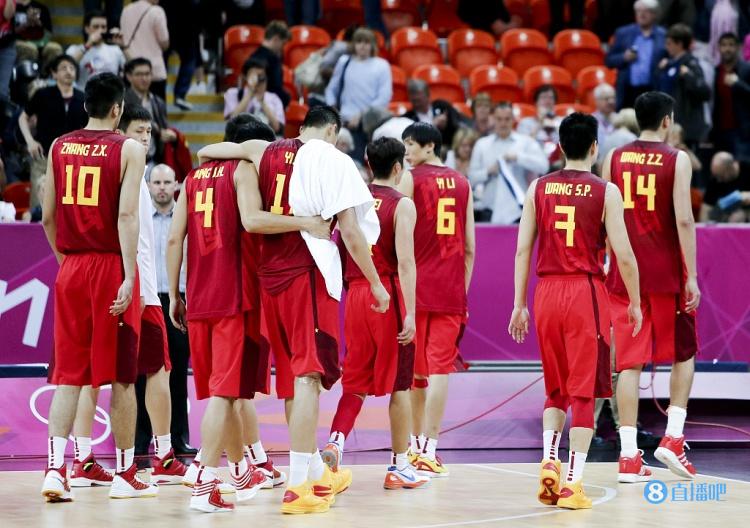
Live broadcast, September 13 news commentator Yan Hai released the article “everything you should know before domestication in China men’s basketball” on WeChat public account today, which mentioned the history and specific rules of domestication. The key content is roughly as follows:
What are naturalized players?
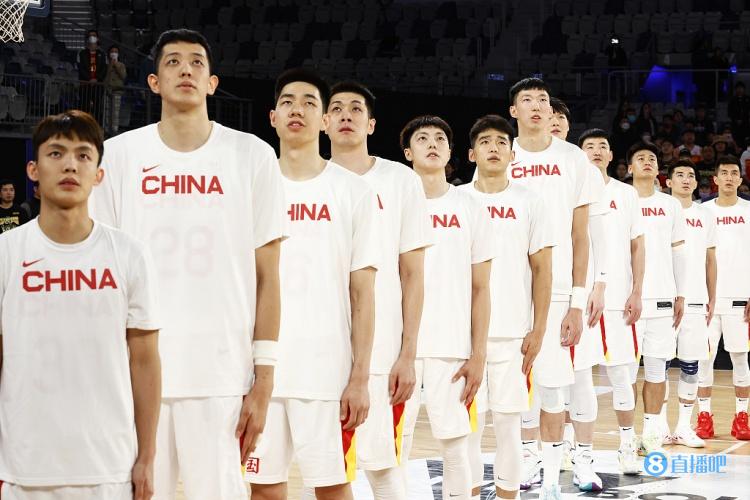
When a national team participates in all competitions organized by FIBA, the team can have a player who acquires the nationality of the country through domestication or other legal means after the age of 16. A player who once represented a country in any major international event organized by FIBA after reaching the age of 17 is not allowed to play for another country.
In fact, although the naturalized players of the International Basketball Federation adhere to the principle of “16-year-old one size fits all”, there are special cases that can apply for exemption. FIBA constitution stipulates: “If a player cannot show the passport obtained before the age of 16, but meets the following requirements, the secretary-general of the International Basketball Federation has the right to make a decision at his discretion, exempt their non-naturalized players.” These requirements include:
First, the year when the player lived in the country where he wanted to represent the competition; Second, the number of seasons the player played in the League of this country; Third, any other evidence that can determine that there is a close connection between the player and the country that wants to play.
What is the key to introducing naturalized players?
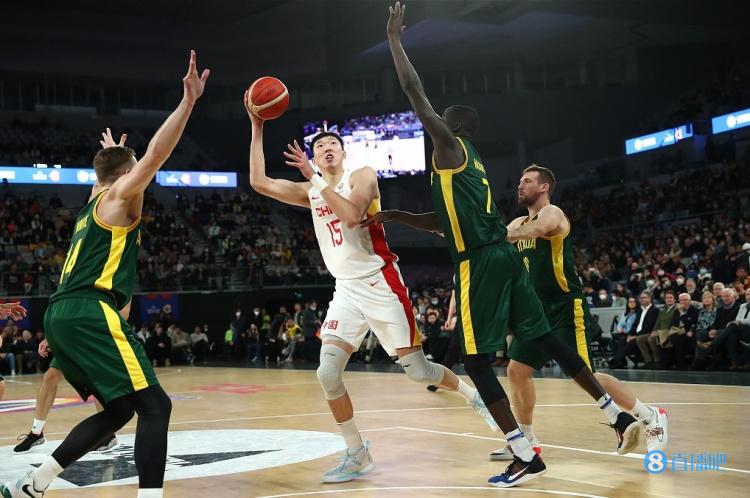
After 16 years old, if you join a country’s nationality, you will be recognized as a naturalized player. The difficulty of “acquiring nationality” is different in each country. In the world, a certain number of countries allow citizens to have dual nationality, and there are not many restrictions on citizenship. It is quite easy for countries like this to get a naturalized player, as long as the conditions are negotiated with the player himself, the relevant departments can issue a passport for the player and join the nationality of the country. However, some countries are more cautious about citizenship, which reduces the choice of naturalized players a lot. Of course, the rules are dead, people are alive, and the regulations of the International Basketball Federation cannot be changed, but some countries can change their own citizenship regulations.
What are the naturalized players thinking?
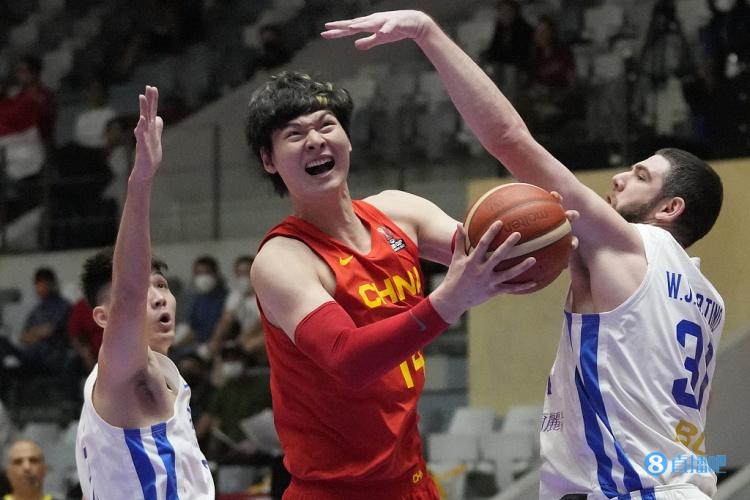
First of all, we must admit that some naturalized players embrace their dreams. However, the most important appeal of the naturalized players is to make money, clearly mark the price, you give money, I will do business. The strength of each player is different and the financial resources of each Basketball Association are also greatly different. Therefore, there is no definite rule for the price of naturalized players, but from the perspective of the whole international scope, A monthly salary of about $50000 is a common price. For the wage earners in the international basketball arena, it is obviously a very high-quality choice to find more jobs during the suspension period and not conflict with the club competition time at all.
It is worth mentioning that international basketball has a very interesting phenomenon: American teams seldom use naturalized players. This is very different from the European Cup. Of course, the limited financial resources of the Basketball Association are the most important reason. In the final analysis, it is still related to money and policies.
Where did domestication come from and where did it go?
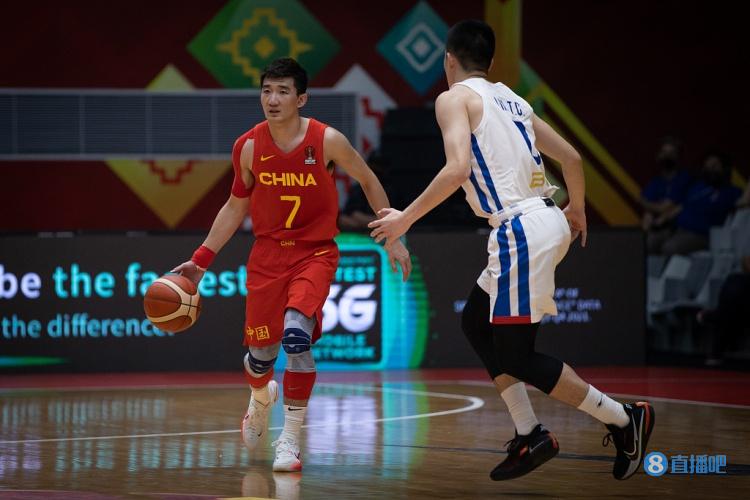
Both the supply and demand sides have their own purposes, which makes the domestication of players a systematic project that has taken root under the international basketball system. The secretary-general of the International Basketball Federation mentioned in an interview with European media not long ago: “In recent years, I have spent quite a lot of time thinking, demonstrating and reviewing the applications of hundreds of players.” It can be seen from this that a player playing on behalf of a certain country is a major event personally reviewed by the Secretary-General under the FIBA system, but the number of players applying for by the basketball associations around the world is quite large.
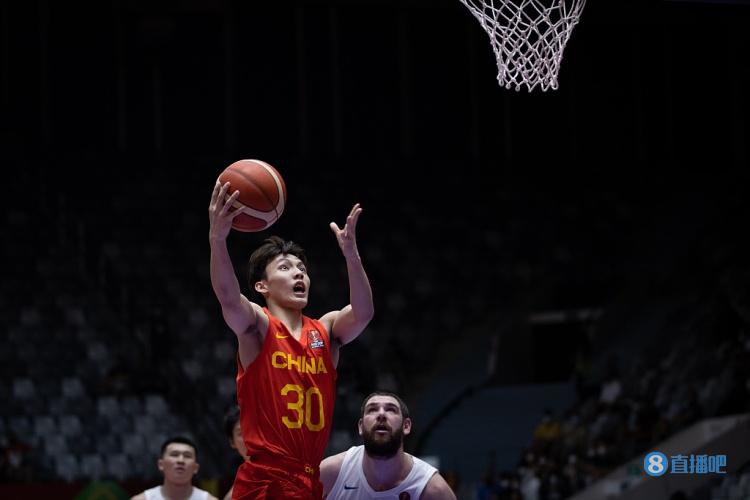
Up to now, naturalized players have become a common phenomenon in international basketball. Taking the 2022 Asian Cup as an example, 14 teams from Asia, including 9 teams including Japan, South Korea, Bahrain, Syria, Jordan, Lebanon, Indonesia, Philippines and Chinese Taipei, have all activated naturalized players, among the remaining five teams, Iran and Kazakhstan also have a history of using domestication.
Among the 24 teams in the European Cup, more than 60% of the teams in this competition have activated naturalized players. Looking at the past history of the remaining teams, Israel, Czech Republic, Finland, Ukraine, Belgium, Britain, etc., which have not been naturalized this year, have had very famous naturalized players Young Pioneer team history. There are only a few teams that have never been naturalized. Even these countries have put the issue of domestication on the agenda. Although there are no naturalized players in Serbia men’s basketball, women’s basketball has already begun to naturalize. From this point of view, the secretary-general of FIBA has approved hundreds of applications in four years, which should be true.
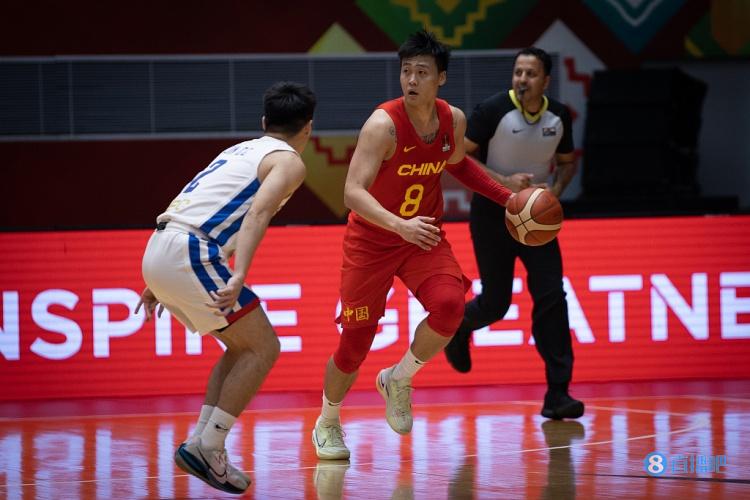
FIBA secretary general also said: “The FIBA committee has discussed the issue of domestication many times and concluded that the committee agreed to strictly abide by 11 local players in each team, and the rule of allowing a naturalized player is correct. We do not intend to change this rule.”
So, the rules are there, what on earth should we do?
Use naturalized players? Do you support or oppose it